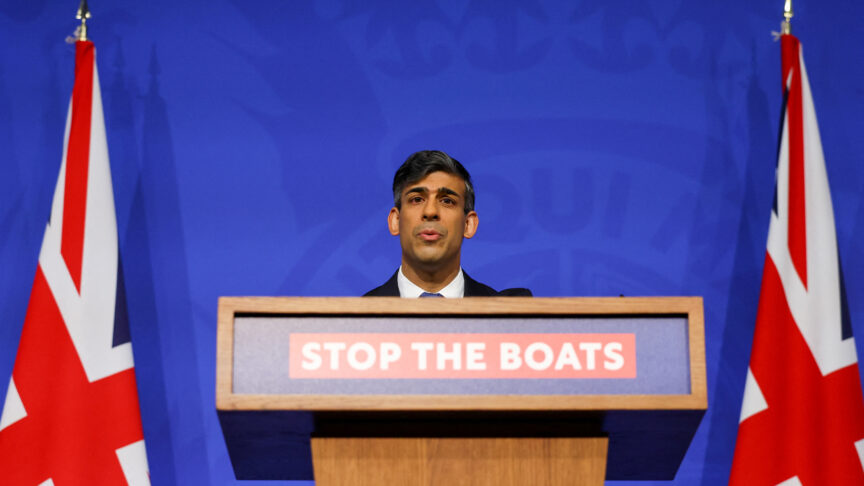How Berlin contributed to Tsipras’s victory
Germany should have offered debt relief to Greece when it had the chance, and the consequences of its mistake could be serious for Europe.
A strong election outcome for Greece’s leftist party Syriza had been widely expected in Berlin, but the extent of the landslide took the German elite by surprise. Shell-shocked, the German establishment reiterated that the agreements between Greece and the troika had to be adhered to and that no deviation would be accepted.
What is not discussed here in Berlin, however, is that Germany’s policy stance in the crisis has contributed to this (unfortunate) election result.
Firstly, the austerity policies prescribed for Greece clearly did not work as promised. They were poorly designed from the start and they included completely unrealistic assumptions about the effects of budget cuts on GDP, as Paul Krugman pointed out again this week.
Secondly, little more than a year ago, Germany again fumbled an opportunity to put Greece on a more sustainable path. Before the German elections in autumn 2013, a lot of experts in Berlin, including some senior ministry officials, talked about the necessity for a second Greek debt restructuring, this time (more) substantially writing down the burden from EU partners’ official loans to Athens (even though it had already been significantly reduced). At that point, the general consensus was that the Greek debt trajectory was not sustainable. But it was equally clear that any further debt relief would have to wait until Germany had a new government.
The facts about the Greek debt burden have not changed. The debt-to-GDP ratio still stands at almost 180 percent of GDP, and very grand assumptions must be made about the return of economic growth and continued austerity to see the ratio fall even towards the Italian level of government debt anytime soon. Even if the debt level itself were in fact bearable, continuing doubt hinders any meaningful recovery: as long as investors fear that the debt level might be suffocating, they will not invest in Greece. This will depress growth and make the debt level less likely to come down – a self-fulfilling negative prophecy.
After the formation of the new German government in early 2014, there could have been an opportunity to negotiate some debt relief with the moderate Greek government that was then still in power. This could have involved more than just a one-sided gift. Unhappy with Greece’s reluctance to tax the rich? Why not offer the Greek people a bargain: for each euro that you additionally tax your richest 10 percent, we write down your debt by one euro. This offer would not necessarily have been very expensive for Germany: any debt reduction now could greatly increase the probability of getting the rest of the loans back in the future.
Such a step would also have strengthened the moderate forces in Greece. It could easily have obviated the need to deal with Alexis Tsipras now. If the ruling coalition in Greece had to stick to (and defend in its own country) a debt reduction plan that even serious German government officials perceived as unrealistic, how could the Greek people be expected to continue voting for them?
However, the opportunity was missed. After the German government had been formed in early 2014, the euro crisis once more seemed to be in retreat. The feeling in Berlin was that everything was on the mend now. Debt relief seemed less pressing, and Germany understandably did not want to put it on the agenda again.
Now Germany (and the rest of the European Union) is faced with a real dilemma: granting Syriza debt relief would send the signal to electorates in other crisis countries that it pays to vote for populists. But denying any concessions could mean that an inexperienced government in Athens will at some point take steps that in the end lead to Greece exiting the eurozone and thus causing the crisis to flare up all over the continent. As everyone should know, playing chicken with young, bold, yet inexperienced drivers can turn out to be very dangerous.
The European Council on Foreign Relations does not take collective positions. ECFR publications only represent the views of their individual authors.


